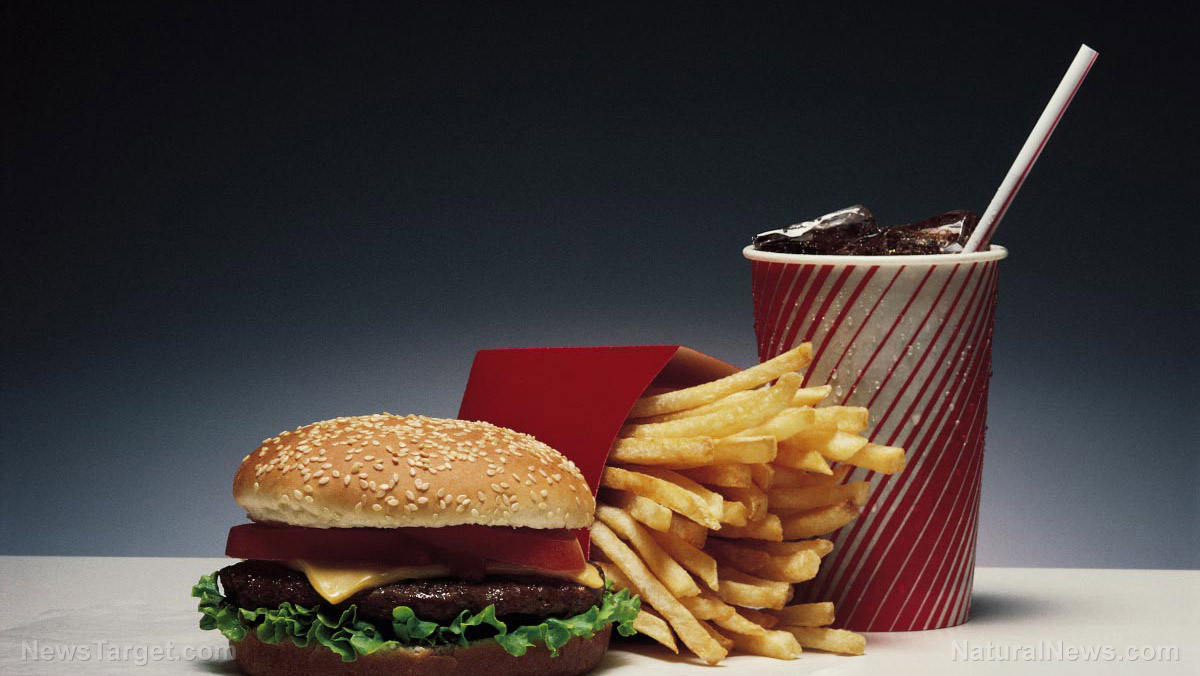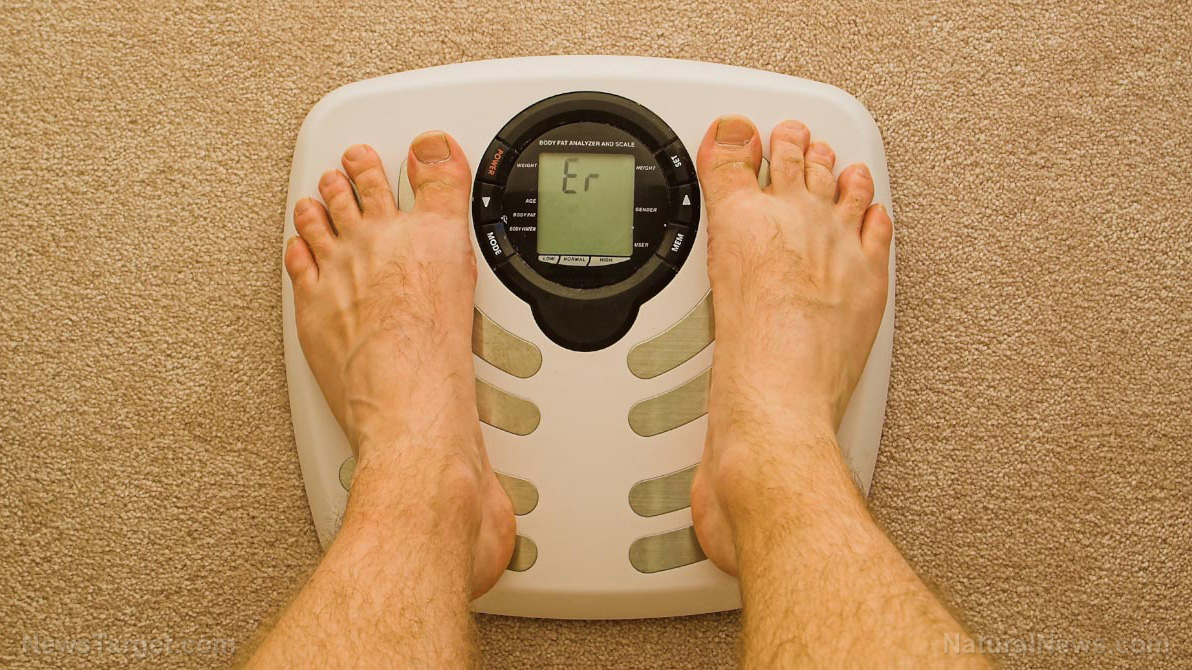Best weight-loss plan for diabetics: A huge breakfast but smaller lunch and dinner
04/24/2018 / By Ralph Flores

People who are obese, as well as those who have Type 2 diabetes or regularly take insulin, would do well to take a high-energy breakfast to lose weight. Based on the finding, researchers from Israel also suggested scaling back during lunch and dinner to achieve a better effect. The findings were presented at the ENDO 2018 in Chicago, the annual meeting of the Endocrine Society in Chicago.
“The hour of the day – when you eat and how frequently you eat is more important than what you eat and how many calories you eat,” explained lead study author Dr. Daniela Jakubowicz of Tel Aviv University. “This study shows that, in obese insulin-treated type 2 diabetes patients, a diet with three meals per day, consisting of a big breakfast, average lunch and small dinner, had many rapid and positive effects compared to the traditional diet with six small meals evenly distributed throughout the day: better weight loss, less hunger and better diabetes control while using less insulin.”
According to Jakubowicz, the key for pulling off this plan is considering the time the meals are consumed, as well as their frequency. Throughout the day, the metabolism of the body changes, so that a slice of bread consumed in the morning affect the body’s glucose response, compared to one eaten late in the evening.
For the study, 11 women and 18 men were evaluated. The participants had an average age of 69 years, and everyone was undergoing insulin treatment because of Type 2 diabetes. The researchers then assigned a daily caloric intake of 1,600 calories, albeit in differing proportions: Some participants will consume 50 percent of their intake during breakfast and spread out the remainder for lunch and dinner, while the other will consume their calories equally. This mirrored the traditional diet for people with diabetes – six small meals that are evenly spaced throughout the day, as well as three snacks. (Related: Eat breakfast to avoid diabetes and more.)
The trial ran for three months, during which researchers measured the participants’ overall glucose levels and spikes during the first two weeks of the diet. They measured it again at the end of the study by continuous glucose monitoring. After the study, researchers found that those who were part of the high-energy breakfast group lost five kg. Those in the six-meal group, however, saw an average uptick of 0.5. kilograms post-study. Their fasting glucose levels, that is, their blood sugar levels before taking a meal, greatly differed as well: The high-energy breakfast group saw their glucose level drop by more than 50 points from 161 to 107, compared to the 164 to 141 drop posted by the other group. The results from the average glucose levels followed a similar trend: Those who ate a high-energy breakfast had their levels drop to 129 from 167, which is still better than the results posted by those who ate six meals. In addition, those in the control group increased their need for insulin, including their hunger and cravings.
Of the results, the researchers wrote: “Obese patients with uncontrolled Type 2 diabetes often require high total daily insulin dose, which leads to weight gain and [a] further increase of [total daily insulin dose (TDID)] leading to persistent hyperglycemia, a vicious cycle ever-increasing TDID, and a high risk for diabetes complications.”
“The meal timing schedule, with high energy breakfast diet should be a strategy to improve diabetes control and outcome,” they added.
Learn more ways to beat diabetes by heading to DiabetesScienceNews.com today.
Sources include:
Tagged Under: breakfast, diabetes, diabetes prevention, diabetics, food science, food strategy, glucose, health habits, healthy diet, healthy eating, high-energy breakfast, insulin, meal planning, prevention, research, Type 2 Diabetes, weight loss


















